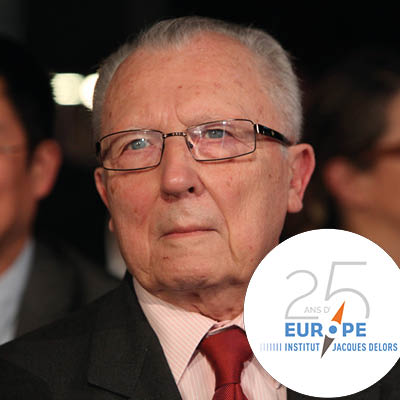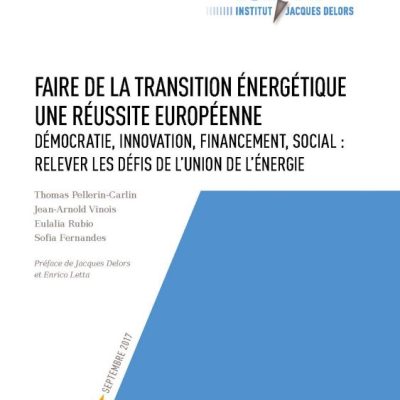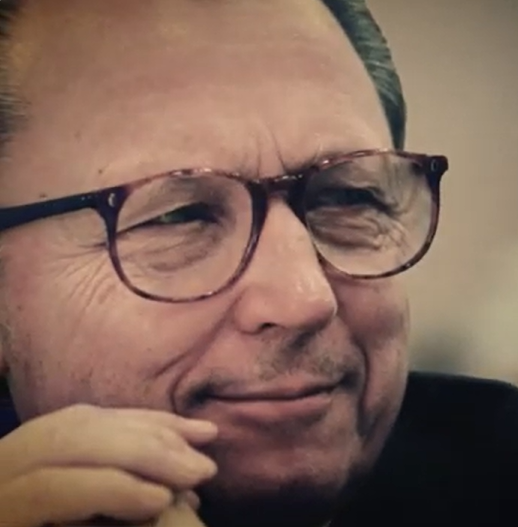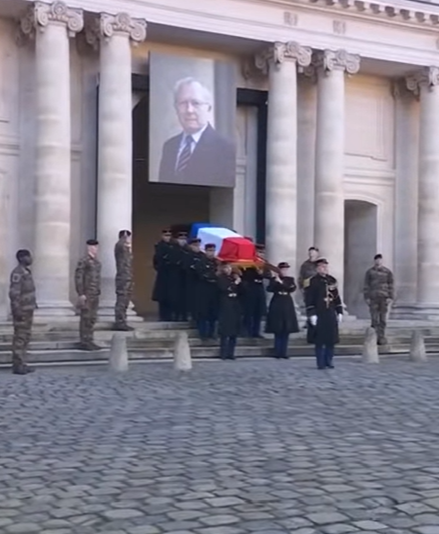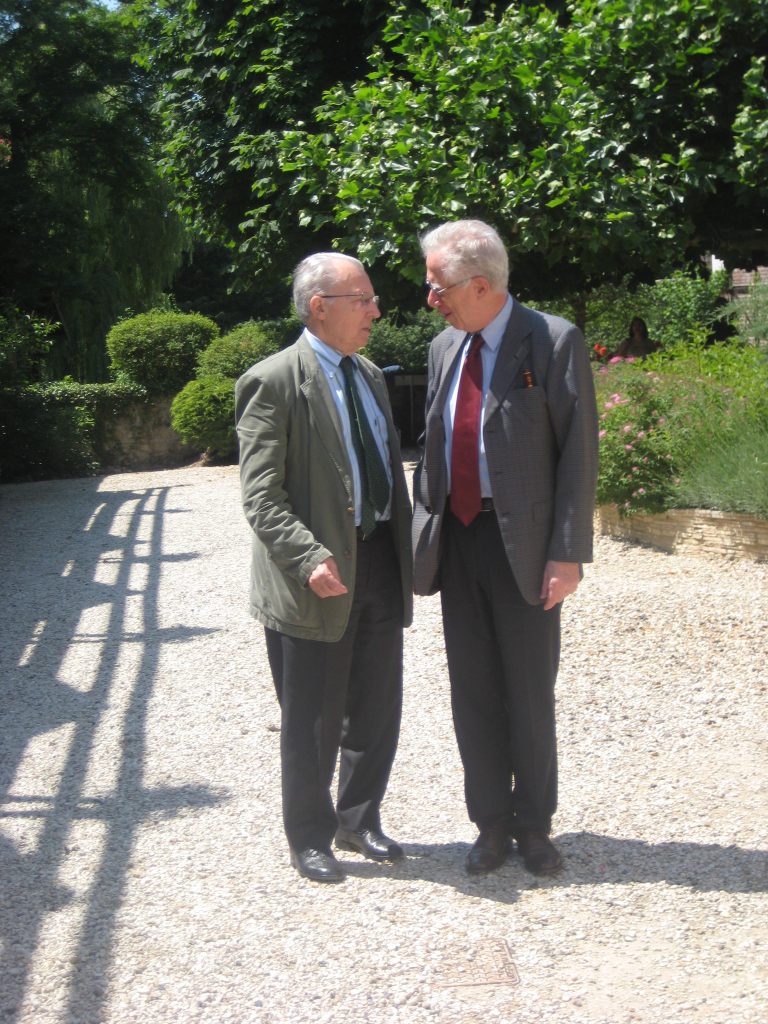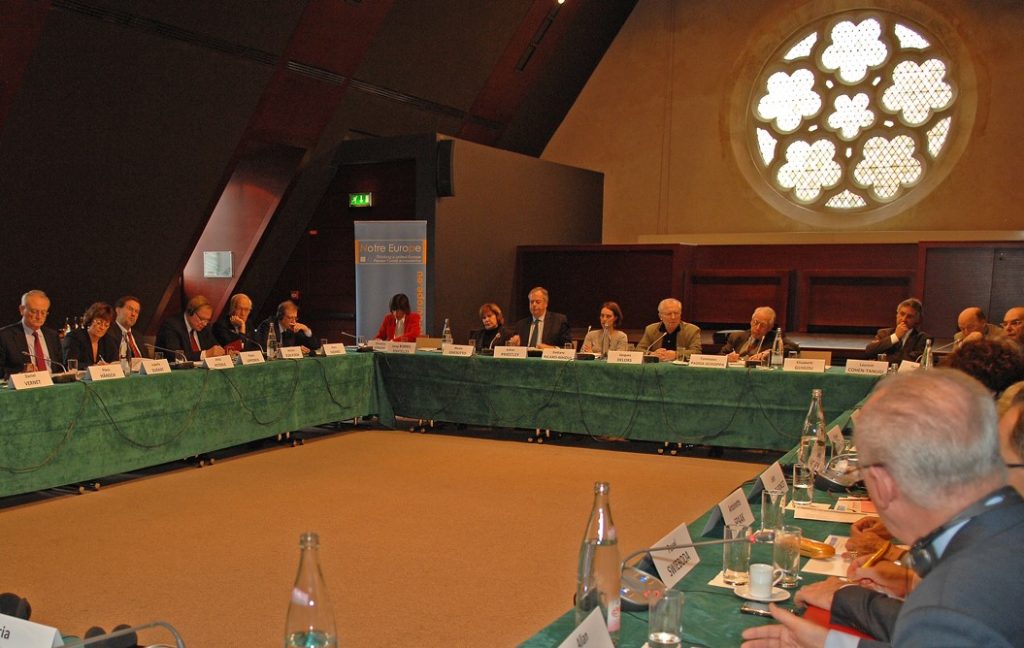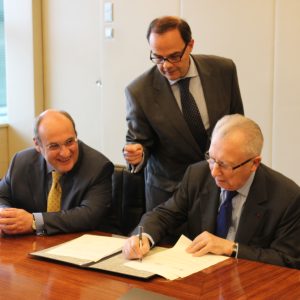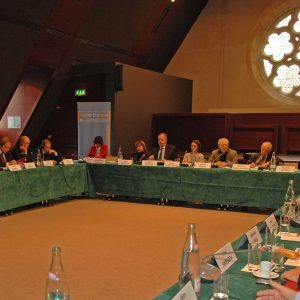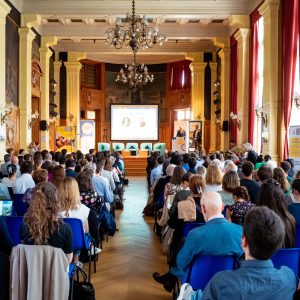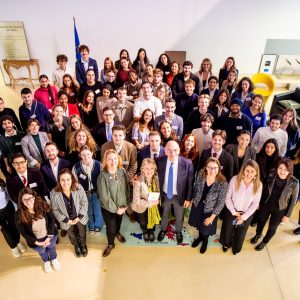
Jacques Delors – The architect of a united Europe
Jacques Delors (1925-2023) began his career at the Banque de France in 1945, where he worked until 1962. He was a member of the Economic and Social Council. In 1962, he joined the Commissariat général au Plan (General Planning Commission) as head of the social and cultural affairs department. He was then appointed special advisor to Prime Minister Jacques Chaban-Delmas and, between 1969 and 1974, secretary general to the Prime Minister for vocational training and social advancement. He was also an associate professor at Paris Dauphine University between 1974 and 1979 and director of the ‘Work and Society’ research centre. In 1979, he was elected Member of the European Parliament and became chairman of the Economic and Monetary Affairs Committee. From May 1981 to July 1984, he served as Minister of Economy and Finance and, in 1983, he was elected mayor of Clichy.
In 1985, Jacques Delors was appointed President of the European Commission, a position he held until 1995. From 1992 to 1996, he also chaired the UNESCO International Commission on Education for the Twenty-First Century.
In October 1996, he founded Notre Europe. He remained its founding president until his death in December 2023.
In May 2000, he was appointed President of the CERC (Council for Employment, Income and Social Cohesion), a position he held until July 2009.
He was awarded honorary doctorates by 24 universities and received numerous prizes and distinctions: the Jean Monnet Prize (1988), the Louis Weiss Prize (1989), the Prince of Asturias Award (1989), the Charlemagne Prize (1992), the Carlos V Prize (1995), the Erasmus Prize (1997) and the World Economy Prize (2006). Along with Jean Monnet and Helmut Kohl, he is one of the three honorary citizens of Europe.
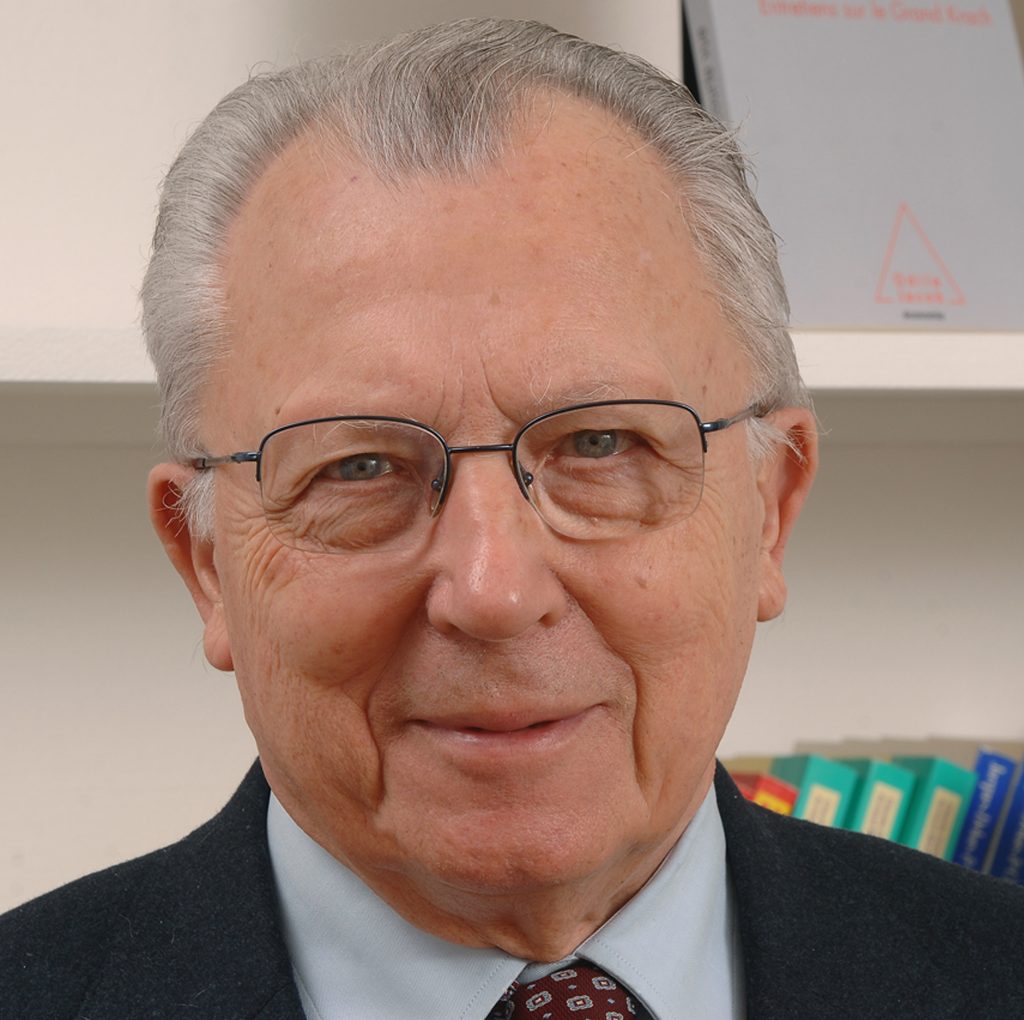
His ideas for Europe
The single market, the euro, Schengen, enlargement and Erasmus, but also cohesion funds, social dialogue and aid for the most disadvantaged: some of the greatest achievements of European integration are inseparable from the vision, boldness, conviction, perseverance and hard work that characterised Jacques Delors’s actions during his ten years at the head of the European Commission.
His work was guided by three principles: “Competition that stimulates, cooperation that strengthens and solidarity that unites”. Jacques Delors also had a method. The “Delors method” aimed to consult and involve all stakeholders in society in decision-making, to avoid becoming trapped by ideology and to base decisions on action.
Jacques Delors practised collegial decision-making within the European Commission, with respect for the European Parliament and the Council. He was always careful not to claim to replace heads of state and government, but also to earn their respect. He also devoted a great deal of time to explaining and teaching his policies.
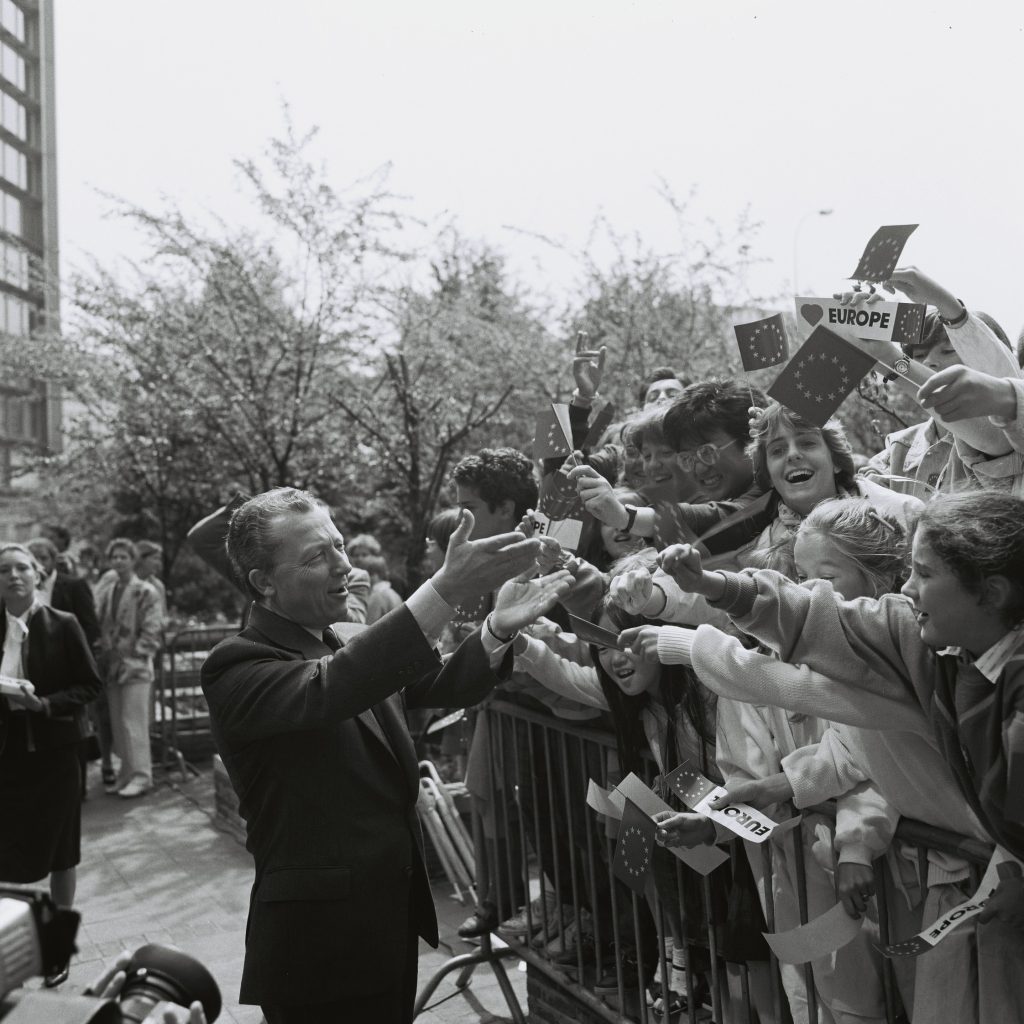
Publications by Jacques Delors
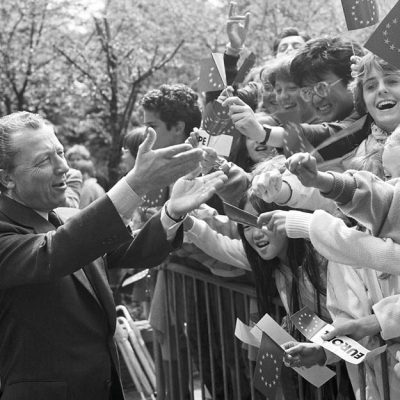 Blog post
Blog postHappy birthday and best wishes, Erasmus!
 Brief
BriefEs ist Zeit
Video tribute to Jacques Delors
The Jacques Delors’ archives
In 2014, Jacques Delors entrusted part of his personal archives to the Institute, specifically those relating to his years as President of the European Commission.
The inventory of the Jacques Delors collection describes nearly 2,000 digital files in PDF format, compiled on the basis of a partnership between the Historical Archives of the European Union (EUI in Florence) and our Institute. They are available for consultation on request.
If you wish to consult them, please contact info[@]delorsinstitute[.]eu with your request.


